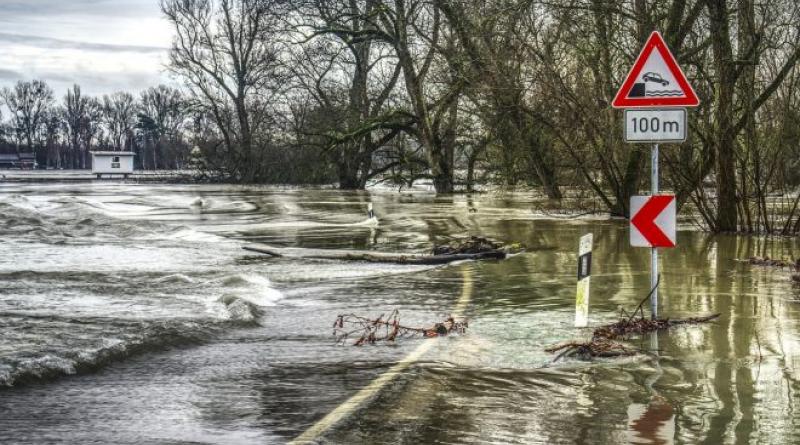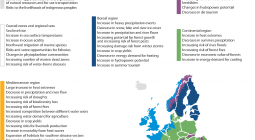Climate disaster losses could undermine financial system stability, U.S. federal bank exec warns

Economic losses from natural disasters and other climate impacts could produce enough risk to undermine the security of the financial system, according to a research letter released Monday by Glenn D. Rudebusch, a senior policy advisor and executive vice president with the Federal Reserve Bank of San Francisco.
“Without substantial and sustained global mitigation and regional adaptation efforts, climate change is expected to cause growing losses to American infrastructure and property and impede the rate of economic growth over this century,” Rudebusch wrote. He warned of “business interruptions resulting in loan defaults and bankruptcies caused by storms, droughts, wildfires, and other extreme events,” Climate Liability News reports.
“Climate-related financial risks could affect the economy through elevated credit spreads, greater precautionary saving, and, in the extreme, a financial crisis,’’ he added.
Significant climate risk exposure could extend to financial firms with only limited in-house carbon emissions, through the mortgages and loans they hold in coastal communities around the world. “In response, the financial supervisory authorities in a number of countries have encouraged financial institutions to disclose any climate-related financial risks and to conduct ‘climate stress tests’ to assess their solvency across a range of future climate change alternatives,” he said.
In January, 20 U.S. Senators wrote to Trump-appointed Federal Reserve Board Chair Jerome Powell and other officials, asking them “to remember that their agencies are responsible for protecting the stability of the U.S. financial system, and urging them to ensure the nation’s financial system is ready for climate change,” Climate Liability News states.
“U.S. regulators must take stock of these risks and require greater transparency and preparation from supervised financial institutions as we confront the growing impacts of climate change,” they wrote. “We request detailed information on the steps each of your organizations have taken to identify and manage climate-related risks in the U.S. financial system. However, we have seen no evidence that your agencies have seriously considered the financial risks of climate change or incorporated those risks into your supervision of financial institutions.”
In February, Powell said the letter posed a “fair question” and promised to look into it.
Rudebusch warned that even climate solutions could carry financial risks if they trigger losses by companies that depend on fossil fuels, or if cities are forced to invest taxpayers’ money on climate protection, the news report adds. “On top of these direct effects, climate adaptation—with spending on equipment such as air conditioners and resilient infrastructure, including seawalls and fortified transportation systems—is expected to increasingly divert resources from productive capital accumulation.”
While individual weather events don’t generally have an impact on financial policy, Rudebusch that could change as climate change intensifies. “Climate change could cause such shocks to grow in size and frequency, and their disruptive effects could become more persistent and harder to ignore,” he wrote.
29 March 2019





